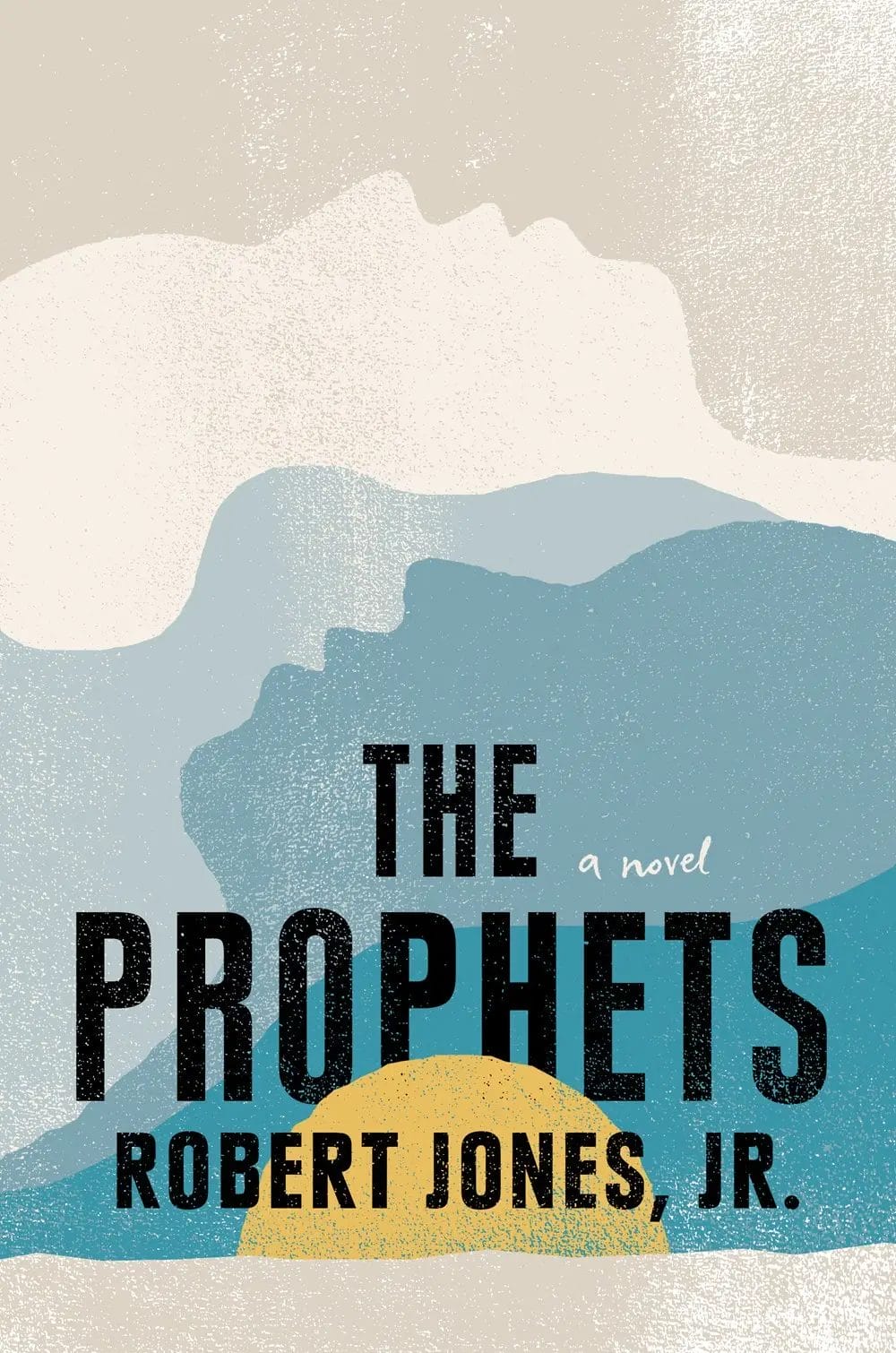

The Prophets
A novel about the forbidden union between two enslaved young men on a Deep South plantation, the refuge they find in each other, and a betrayal that threatens their existence.
Isaiah was Samuel’s and Samuel was Isaiah’s. That was the way it was since the beginning, and the way it was to be until the end. In the barn they tended to the animals, but also to each other, transforming the hollowed-out shed into a place of human refuge, a source of intimacy and hope in a world ruled by vicious masters. But when an older man—a fellow slave—seeks to gain favor by preaching the master’s gospel on the plantation, the enslaved begin to turn on their own. Isaiah and Samuel’s love, which was once so simple, is seen as sinful and a clear danger to the plantation’s harmony.
With a lyricism reminiscent of Toni Morrison, Robert Jones, Jr. fiercely summons the voices of slaver and the enslaved alike to tell the story of these two men; from Amos the preacher to the calculating slave-master himself to the long line of women that surround them, women who have carried the soul of the plantation on their shoulders. As tensions build and the weight of centuries—of ancestors and future generations to come—culminate in a climactic reckoning, The Prophets masterfully reveals the pain and suffering of inheritance, but is also shot through with hope, beauty, and truth, portraying the enormous, heroic power of love.
My thoughts:
This was a great book, but dang, I need to do a better job of spacing out these deeply emotional stories. This is the third I’ve read in a week. Note to self – plan your Pride reads better next year!
In this book, the author takes us back to the 1800s in the South, where the story of the romance between Isaiah and Samuel unfolds against the brutal backdrop of slavery, and their love for each other begins as a source of refuge and eventually turns into a target for hatred. Through Jones’s haunting prose, the reader is transported to a plantation where the lines between love and sin, hope and despair, are blurred when Christianity bleeds across the plantation.
The love that Isaiah and Samuel have for one another is a beacon of light in their otherwise dark and oppressive world. As was the norm back then, the master’s rule is upheld through fear and violence. When Amos, an older enslaved person, strikes a deal with the master to preach the master’s gospel to get in his good graces, the enslaved turn against each other, and eventually, Isaiah and Samuel’s love comes under scrutiny and their happiness and well being is threatened.
Jones’s narrative is a searing exploration of the complexities of love, power, and freedom in a society built on straight, white exploitation and cruelty. Through the voices and points of view of various enslaved and slaver alike, Jones delves into the deep wounds that came out of this dark time in history. As tensions rise and the legacy of generations past comes to a head, “The Prophets” builds to a climactic reckoning that is both heartbreaking and cathartic. Jones does not shy away from the horrors of slavery, nor does he shy away from showing how harmful forcing a singular way of thinking on people – in this case, straight, white, Christianity – can be.
This country has a dark history of white Christians forcing their views on others. It started way back when the colonizers first came to this country and they noticed (with much disdain) that the natives didn’t subscribe to their gender norms. The natives didn’t seem to mind that there were members of their tribe who engaged in same-sex coupling, but the puritanical Christians made sure that was wiped out. It’s even mentioned in this book that in Africa, they were totally fine with same-sex coupling. It wasn’t who you loved that mattered so much as how you treated people – everyone had a place in the community. For whatever reason, many straight, white “Christians” found it difficult to grasp that concept, and that hasn’t changed much over the years.
But despite the dark and depressing subject matter, Jones manages to infuse hope in his book, highlighting the fact that the power of love, in all its forms, is a force to be reckoned with and can be a source of strength and resistance in the face of oppression. This is something we all need to remember, especially in these weird times we live in.
Overall, I found this book to be a work of staggering beauty and profound insight into what it means to hold strong and fight for who you are. This is a book that demands to be read, to be felt, to be experienced in all its raw and unflinching truth. It is a testament to the resilience of the human spirit in the face of unspeakable cruelty, a reminder that love is a force that can never be extinguished no matter how hard some try.
Genre(s):
Other Bookish Tags:













